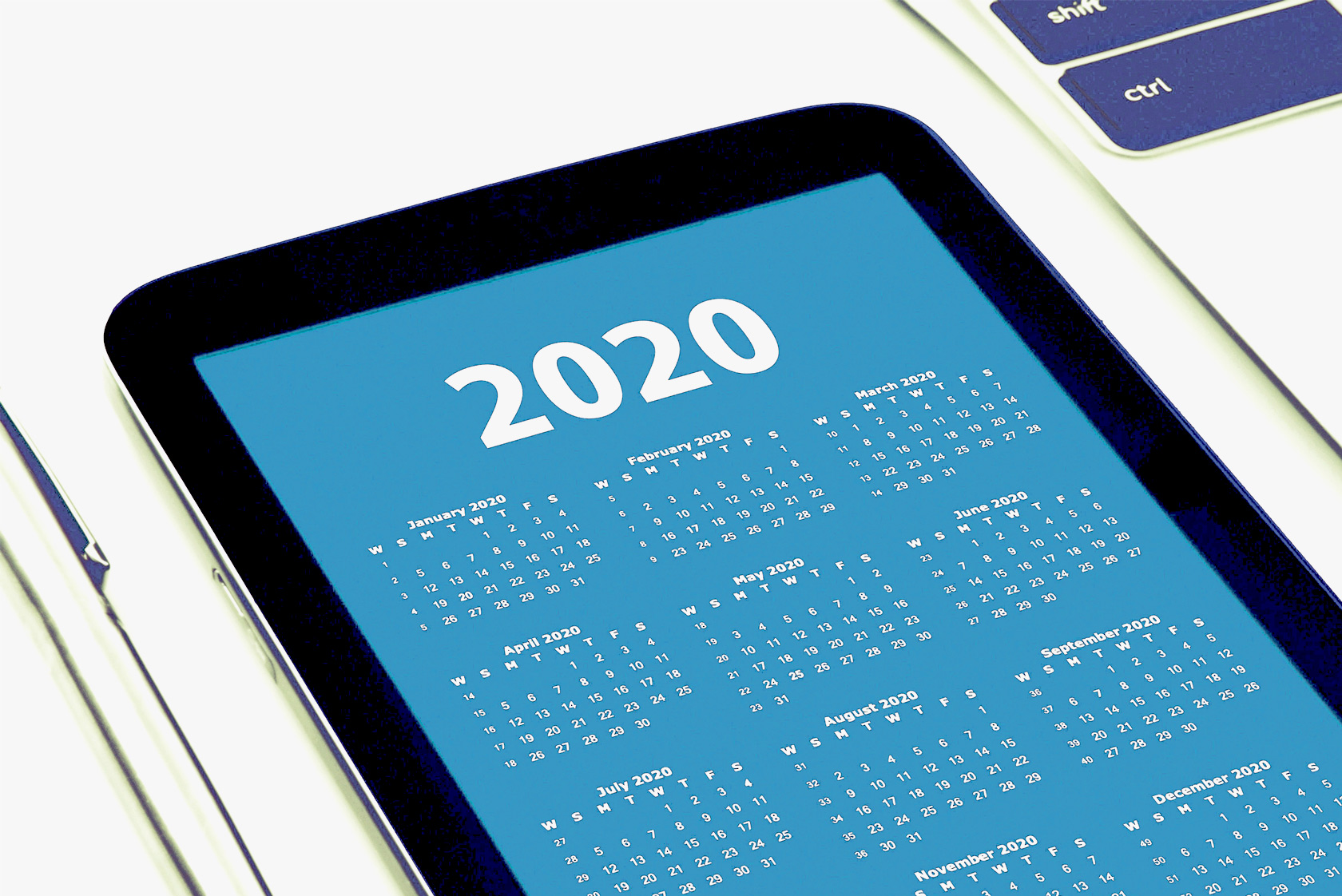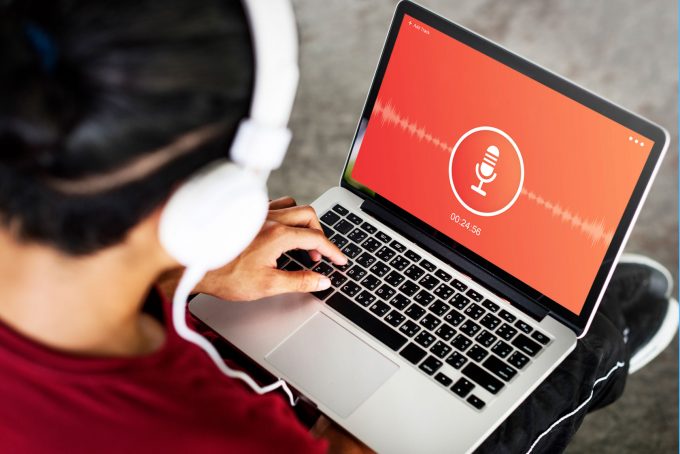
Digital Trends 2020: From Citizen Scientists going on Expeditions to Peer-to-Peer Networks
Which trends will be important in the context of open science and in the context of libraries and information centres in 2020? We present a selection of interesting trends and technological topics.
by Birgit Fingerle
Trends related to open science
Democratization of knowledge and technology
Providing people with easy access to technical or business expertise without extensive (and costly) training will gain in importance. Often being referred to as “citizen access”, this trend focuses on four key areas: application development, data and analytics, design and knowledge. This kind of democratization would for instance enable developers to generate data models without having the training of a data scientist.
Citizen scientists go on scientific expeditions
Modern explorers join scientific expeditions for the opportunity of once-in-a-lifetime experiences and for contributing new findings to the scientific community. For example, Airbnb hosted a month-long Antarctic research expedition in December 2019 for participants, who were not required to have any scientific background. They received a crash course training in glaciology, field sampling and research protocols before their stay in Antarctica. Further examples are an excursion to the North Pole in April 2020 with citizen scientists organized by travel company Luxury Action and the second expedition run by Polar Latitudes in partnership with the Woods Hole Oceanographic Institution in March 2020 for citizen scientists to study humpback whales alongside marine biologists, environmental scientists, geologists and historians.
Content trends
Deepfake Production offers opportunities for exhibitions
“Deepfake” technology, which is applying machine-learning technique to create fake highly realistic videos out of peoples’ images, is used more often and for different reasons. See Trendhunter’s Trendreport 2020. This technology offers interesting opportunities as well as risks with impact on social and political issues. Consumers should therefore be aware and more critical of online content.
But the technology may also have a positive impact in fields like art. For instance, the Dalí Museum in Florida (USA) uses AI technology to bring the surrealist back to life.
Micro-learning offered by brand suppliers
Micro-learning is now a subject for brands offering learning options to consumers. Consumers who are looking to expand their skills in a way that fits into their life may now also look for quick and engaging micro-learning solutions created by brands for instance in the form of short sound bites and articles. New micro-learning platforms offer low-commitment forms of professional development. Examples are immersive coding classes, continuous professional development platforms or YouTube creating anti-distraction educational playlists. See Trendhunter’s Trendreport 2020.
Podcasting and Audio books
Audio books are definitely no longer niche products. The audio books market is expected to grow by 25 per cent in 2020, reaching a volume of five billion US dollars worldwide. Podcasts are expected to generate 1.1 billion US dollars in revenues in 2020, equalling a 30 per cent growth within one year. Therefore, it is no surprise that more and more brands are engaging in branded podcasting. This allows them to further connect with consumers who are interested in a niche focus or theme. So, they can speak directly to smaller and more targeted groups of potential or loyal customers. See Trendhunter’s Trendreport 2020.
Service trends
Meaningful connections and P2P advice
The future of social are meaningful and more intimate connections with a selected few (see trend 13 “new digital communities”). In 2020 consumers will look for a remedy to vast and toxic online communities and social media platforms. They will prefer smaller and more intimate communities that offer respectful and meaningful connections, with like-minded peers. See Trendhunter’s Trendreport 2020.
That is why peer-to-peer networks (P2P networks) gain in importance. Consumers who are wishing to connect with others in more authentic ways are looking for input and advice from P2P networks. So, a stronger use of P2P networks in research or in citizen science could be expected. P2P networks can create online communities of people of various backgrounds and interests who connect and collaborate in real-time.
Holographic assistant
Holographic assistants, based on artificial intelligence, are being developed to enhance engagement and customization. They can be found in everything from cars to home assistant devices. Its novel and future-focused design pushes user engagement and it is also contributing to the consumer preference for personalization. See Trendhunter’s Trendreport 2020.
Ambient Computing
Though not new, ambient computing, which refers to distributing the interaction with computers among several devices which surround the user, becomes more important in 2020. This is due to the wider dissemination of virtual assistants and smart speakers and as well to computers becoming smaller and smaller. For instance, Amazon recently presented experimental devices like a ring and glasses including Alexa assistant. This trend might also be called “multiexperience“, a term which refers to the application of different technologies like augmented, mixed and virtual reality and various devices and apps. This way a consistent and unified user experience across web, mobile, wearables, conversational and immersive touchpoints is being ensured on the digital journeys. For example, Domino’s Pizza created an experience beyond app-based ordering that includes autonomous vehicles, a pizza tracker and smart speaker communications. This multiexperience will become an ambient experience in the future. See Gartner’s 5 Digital Technology Trends for 2020.
More information on trends and technologies:
- Fjord Trends 2020
- Forbes: The 7 Biggest Technology Trends In 2020 Everyone Must Get Ready For Now
- Forbes: These Are The Technologies That Will Transform The 2020s – From 5G To Vertical Farming
- Forbes: Tech Trends 2020: Moving From Disruption To Transformation
- Gartner Top 10 Strategic Technology Trends for 2020
- Gartner Top Strategic Predictions for 2020 and Beyond
- The Guardian: Twenty tech trends for 2020 )
- Internetworld Business: 5 App-Trends für 2020 (link in German language)
- Internetworld Business: 10 Tech-Trends für das Jahr 2020 (link in German language)
- JWT Intelligence: The future 100: 2020
- McKinsey: 12 Technologie-Trends (link in German language)
- Youtube Video von Trendhunter: Top 18 Trends for 2020 by Trendhunter.com
- Trend Hunter’s 2020 Trend Report
- Trend Report: Marketing-Trends 2020
- Trend-Watching: 5 Trends for 2020
- W&V+: Die wichtigsten Social Media Trends für 2020 (link in German language)
- W&V+: WhatsApp und Co. – das sind die Trends 2020 (link in German language)
Author: Birgit Fingerle
Birgit Fingerle holds a diploma in economics and business administration and works at ZBW, among others, in the fields innovation management, open innovation, open science and currently in particular with the “Open Economics Guide”. Birgit Fingerle can also be found on Twitter.
Portrait, photographer: Northerncards©
View Comments

Open Science: Interesting Conferences and Events for 2020
Which conferences and other events could be worth a visit in 2020? We put together a...



